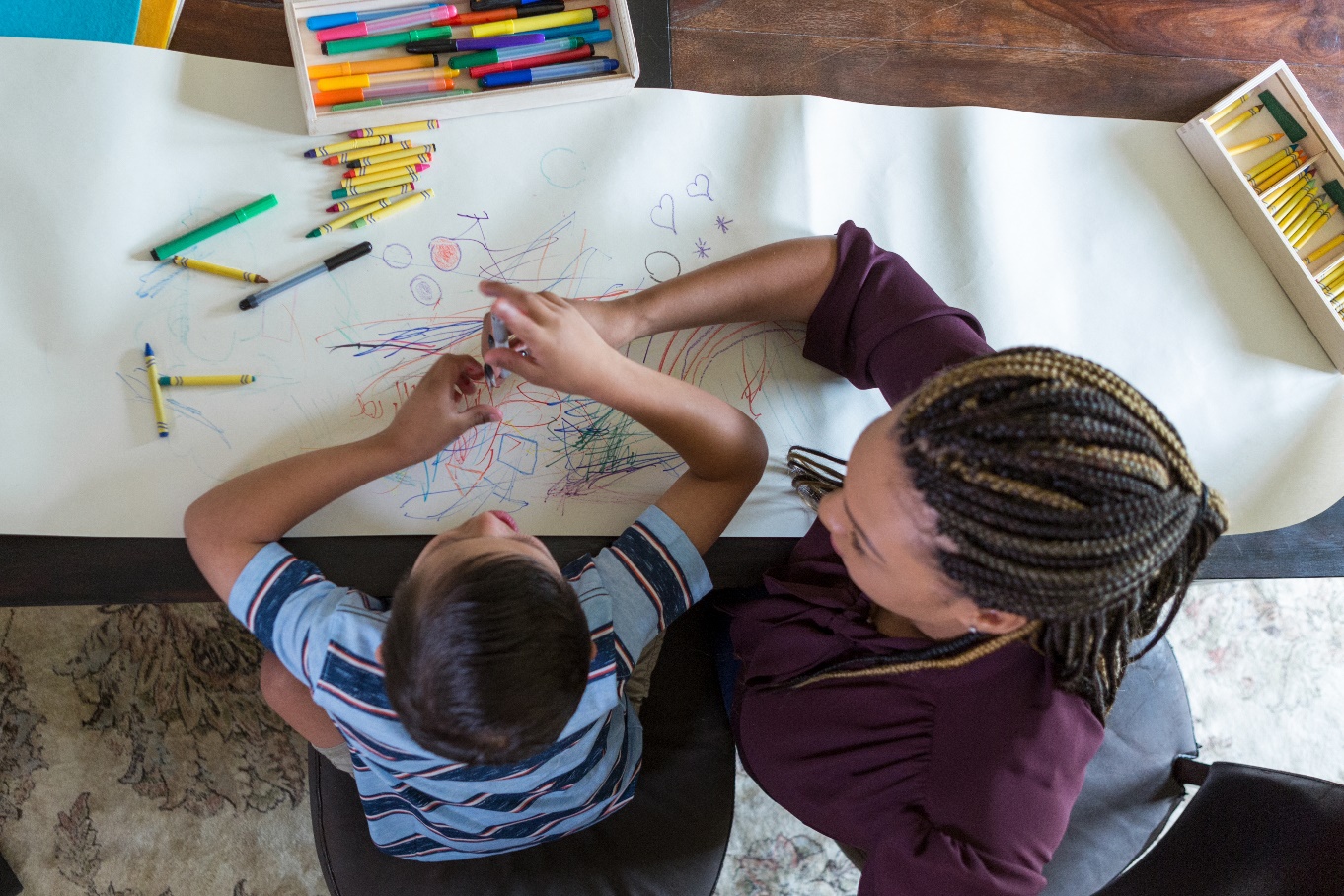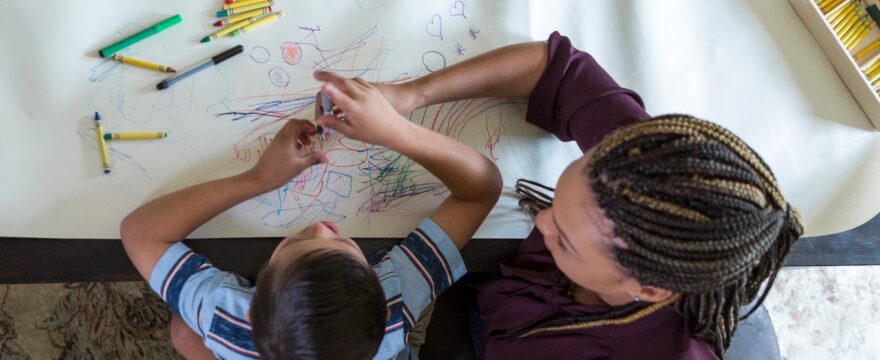
Counseling is the process of providing support and guidance to individuals or groups who are experiencing personal, social or psychological difficulties. It involves a trained counselor or a therapist who uses various techniques and approaches to help people understand their feelings, thoughts and behaviors.
Counselors help people to develop strategies to cope with challenges in their lives. The primary goal of counseling is to empower individuals to take control of their lives and make positive changes.
It provides a safe and confidential space for people to express their feelings and concerns without fear of judgment or criticism. Counseling can address various issues such as anxiety, depression, grief, relationship problems, trauma and addiction.
The significance of counseling lies in its ability to help individuals improve their emotional and mental wellbeing, which can positively impact their overall quality of life. In addition, counseling can help people better understand themselves, their values and their goals.
It can also help them improve their communication skills, increase their self-esteem and confidence and enhance their relationships. As awareness has improved, the demand for counselors has risen and the number of individuals receiving counseling in the US has increased.
Besides individuals, educational institutions and offices are hiring counselors to serve students and employees. To ensure that skilled counselors are fully equipped to provide effective counseling, Walsh University offers a CACREP-accredited Master of Arts in Counseling and Human Development program.
This counseling program equips students with effective counseling techniques to help people facing severe personal, social or psychological problems. It is often assumed that only adults receive counseling, but that is not true.
Different types of counseling exist; the most famous is children’s counseling. Children’s counseling is a form of therapy that focuses on children’s and young people’s emotional and psychological needs.
It aims to help children and adolescents cope with a wide range of issues affecting their mental health and wellbeing, such as anxiety, depression, stress, grief, family trauma and bullying, among others.
Children’s counseling involves a trained professional who uses various age-appropriate tools to engage children in therapy, such as play, art, storytelling and role-playing. Play is a common and effective therapeutic tool used in children’s counseling.
Play provides a natural way for children to express themselves, communicate their emotions and explore their experiences. It also helps children develop social, emotional and cognitive skills and promotes social and emotional development.
Play therapy is based on the idea that play is a way for children to work through their experiences and emotions naturally, and it helps them develop a sense of mastery and control. Through play, children can explore different roles, experiment with various solutions and express themselves in a comfortable and familiar way.
In play therapy, the therapist uses a variety of toys, games, art supplies and other materials to create an engaging and safe environment for the child. The child is encouraged to engage in free play, during which the therapist observes the child’s play and may join in when invited.
Play therapy is particularly effective for children who have experienced trauma, abuse or other difficult experiences. It provides a safe, non-threatening way to express their emotions and work through their experiences. It is also effective for children who have difficulty expressing themselves verbally, as play provides a non-verbal way for them to communicate.
Counselors know how much children enjoy playing, so they use play therapy in children’s counseling for multiple purposes. Play acts as a medium for counselors to understand children in greater depth.
Children may not always have the words or the ability to express their thoughts and feelings verbally, especially if they are going through difficult experiences. Play provides a safe and natural way for children to communicate what they think and feel, even if they cannot express it in words.
When children play, they can act out scenarios that reflect their experiences, such as pretending to be a doctor or a firefighter, which can help them process their emotions and experiences. They may also use toys and other materials to create art or engage in imaginative play, such as creating stories, which can help them express their emotions and experiences in a non-threatening way.
For example, a child who has suffered through trauma may not talk about their experiences directly. However, through play, they may act out scenarios with their toys that reflect what they have been through. In addition, they may create art that depicts their emotions or draw pictures of their experiences. This can allow the child to communicate their thoughts and feelings without verbally expressing them.
Additionally, play can help children explore and process their emotions in a safe environment. Through play, children can express difficult emotions, such as anger, fear and sadness, without fear of judgment or criticism. This can help them develop emotional regulation skills and reduce feelings of anxiety or stress.
Play also provides a natural and developmentally appropriate way for children to explore the world around them and engage in meaningful activities. It helps children to learn new skills and concepts. Through play, children engage in problem-solving, creativity and critical thinking.
They learn to explore their environment and learn about cause-and-effect relationships. Counselors use play to teach children how to interact with others and develop social skills such as cooperation, sharing and empathy. Through play, counselors teach children how to communicate, negotiate, resolve conflicts and develop positive relationships.
When children play together, they learn to share toys, take turns and work together to achieve common goals. These social skills are important for children as they grow and develop and can lead to improved self-esteem, self-confidence and the ability to establish healthy relationships.
Counselors also use play to teach children how to regulate their emotions. When children are engaged in play, they control their experiences, which can help reduce anxiety and improve their emotional regulation skills. In addition, by experiencing different emotions during play, children learn to recognize and identify them and develop the ability to express themselves healthily.
Play is also crucial to building a positive relationship between a counselor and a child. Counselors often use play therapy to help children communicate their thoughts and feelings in a safe, non-threatening environment. Children who feel safe and supported during play therapy are more likely to develop trust, so they feel more comfortable opening up to the counselor.
Play also provides an opportunity for counselors to join in and engage with the child in a fun and meaningful way. This helps strengthen the relationship between the child and the counselor. The counselor establishes a rapport and builds trust by participating in play with the child. This creates a safe and supportive environment for the child, positively affecting their emotional and mental wellbeing.
A variety of techniques are used by counselors to counsel children while using play. For example, sand tray therapy involves providing a sandbox or tray filled with sand, along with a variety of miniature objects such as figurines, toys or natural materials such as stones, shells and sticks.
The child is then invited to use these objects to create and manipulate scenes or characters in the sand. During sand tray therapy, the child is encouraged to use their imagination and creativity to visually represent their thoughts and feelings.
The objects used in sand tray therapy represent different aspects of the child’s life, such as family members, friends or important events. By arranging and manipulating these objects in the sand, the child expresses his emotions and experiences in a non-verbal way. The sand tray acts as a metaphor for the child’s inner world, allowing them to explore and process their feelings in a safe and supportive environment.
Play therapy has shown to be a practical and effective approach in children’s counseling, helping children to develop essential skills and overcome emotional challenges in a safe and supportive way.
Conclusion
Play is essential in children’s counseling as it provides kids with a natural way to express themselves, communicate their emotions and explore their experiences. Play therapy is based on the idea that play is a way for children to naturally work through their experiences and emotions, and it helps them develop a sense of mastery and control.
Children’s counseling involves a trained professional who uses various age-appropriate tools to engage children in therapy, such as play, art, storytelling and role-playing. Counselors can use play to teach children how to interact with others, develop social skills, communicate, negotiate, resolve conflicts and establish positive relationships.
Play also provides a safe and supportive environment for children to explore and process emotions. Through play, children can express difficult emotions without fear of judgment or criticism, helping them develop emotional regulation skills and reduce feelings of anxiety or stress.
Counselors know how much children enjoy playing, so they use play in children’s counseling to better understand children. Play therapy is particularly effective for children who have experienced trauma, abuse or other difficult experiences. It provides a safe, non-threatening way to express their emotions and develop coping skills.
